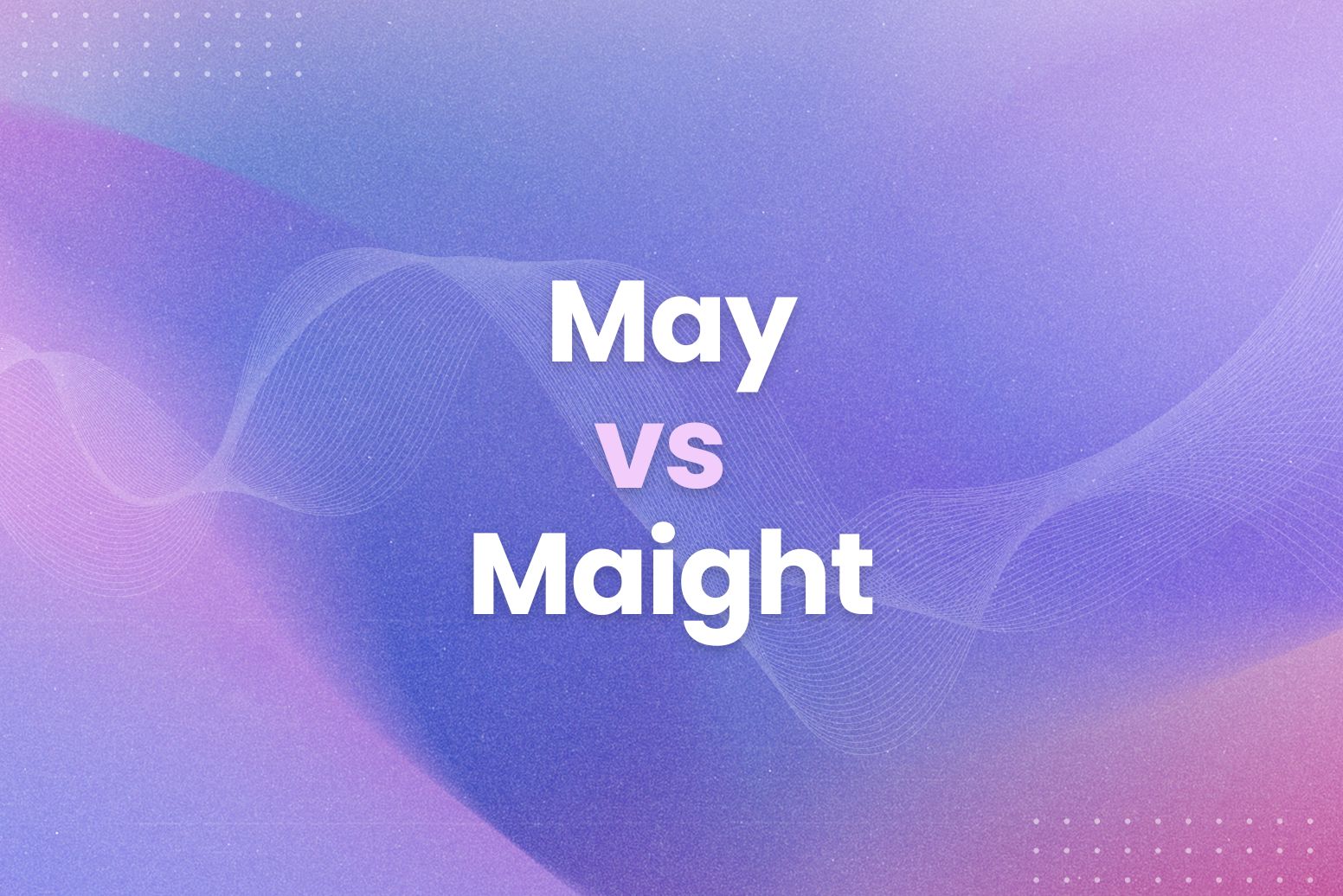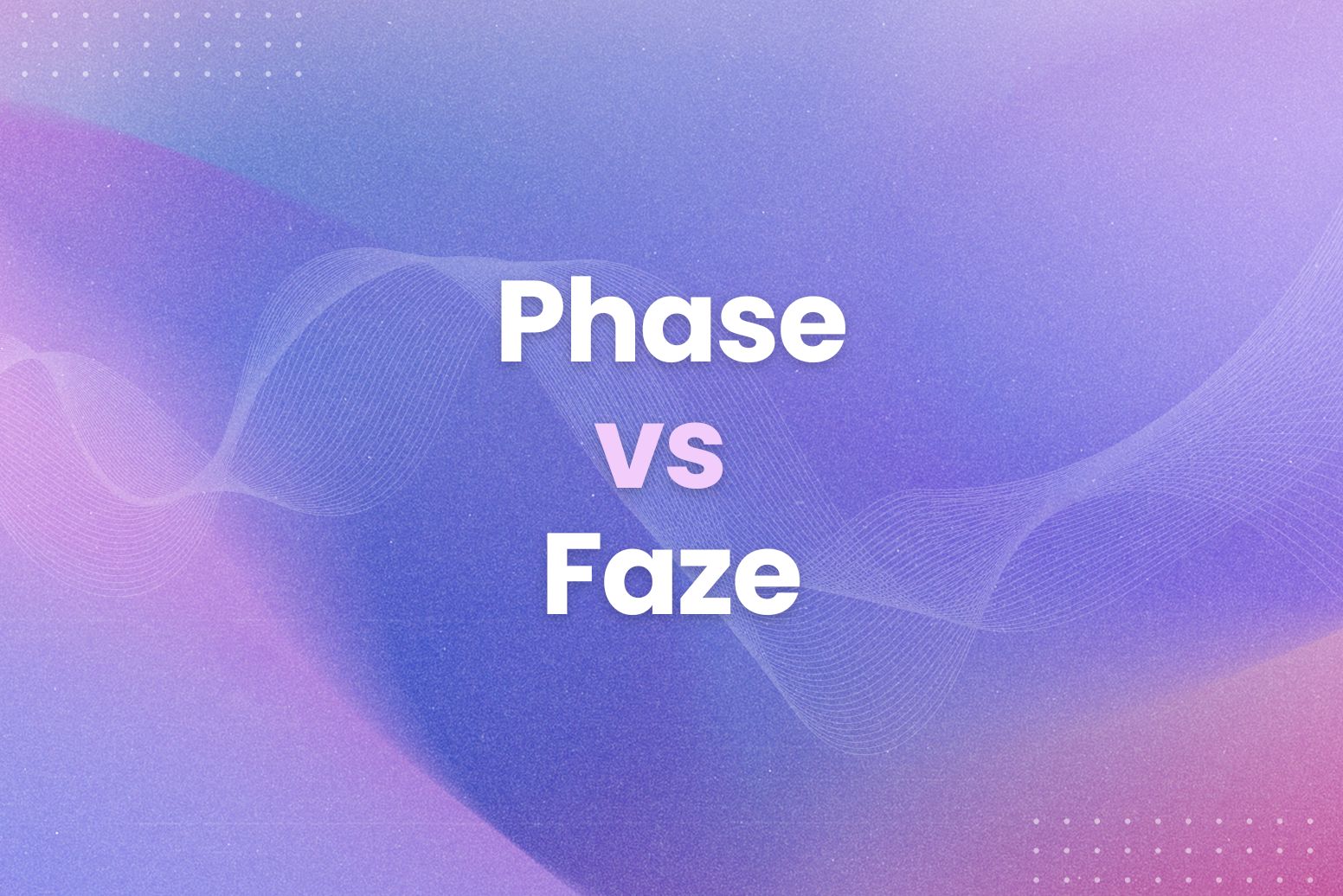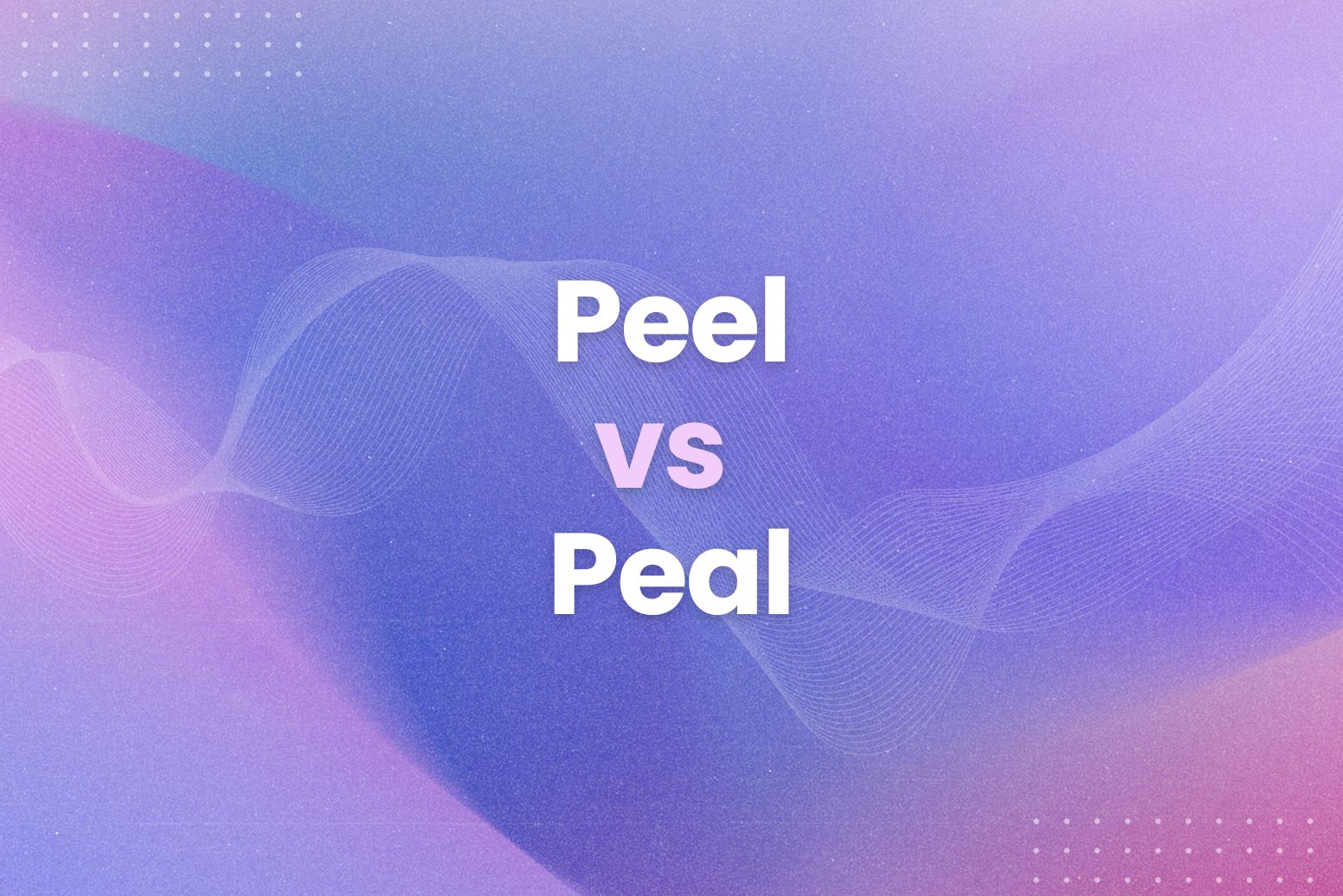Ever felt a tiny word could trip you up? “May vs might” often cause confusion. They seem similar, but their uses differ. This isn’t just about grammar snobbery; choosing the right word changes your message. So, mastering this difference makes your writing clearer and more effective.
This guide will show you exactly how. We’ll cover these key points:
- Firstly, when “may” shows strong possibility.
- Secondly, how “might” expresses uncertainty.
- Then, examples to solidify your knowledge.
- Lastly, a quick cheat sheet for future reference.
Difference Between May vs Might
“May” and “might” are modal verbs. They add meaning to other verbs. But they don’t mean the same thing. Therefore, knowing the difference is key. “May” shows a stronger possibility. For example, “It may rain later” means there’s a good chance of rain. On the other hand, “might” suggests a weaker possibility. For instance, “I might go to the party” means it’s less certain.
“May” also expresses permission. For example, “You may leave now” means you have permission to go. “Might,” in this context, makes a polite request. For instance, “Might I ask a question?” is a polite way to ask. In short, “may” is for possibility and permission. “Might” is for lower possibility and polite requests.
Here’s a quick comparison:
- May: Higher possibility, permission.
- Might: Lower possibility, polite requests.
This simple distinction makes a big difference. So, use “may” when something is more likely. Use “might” when it’s less likely. You’ll sound more confident and precise.
Possibility and Uncertainty
Let’s look closer at possibility with “may.” When we use “may,” we think something could happen. It’s not guaranteed, but it’s a real possibility. For example, “The store may be closed on Sundays.” This means it’s possible the store is closed, based on common knowledge or past experience. Therefore, you should check before going.
Now, let’s talk about uncertainty with “might.” “Might” shows a weaker chance. It suggests something is less likely, or purely hypothetical. For instance, “If I win the lottery, I might buy a new car.” This shows a conditional situation. Winning the lottery is unlikely. Consequently, buying a new car is also unlikely unless the first condition is met.
Here are more examples for clarification:
- May (Strong Possibility): “She may arrive late due to traffic.” (Traffic is a known factor that could cause lateness.)
- Might (Uncertainty): “She might decide to stay home instead.” (This is just one of several possibilities, with no strong indication either way.)
In short, “may” connects to real-world possibilities. “Might” deals more with hypothetical ones. So, choose “may” when there’s a good chance. Choose “might” when it’s more of a guess.
Examples to Solidify Your Knowledge on May vs Might
Let’s put this into practice. We’ll look at different scenarios. This will help you see how “may” and “might” change the meaning. For example, consider these two sentences:
- “He may come to the party.”
- “He might come to the party.”
The first sentence suggests he’s more likely to come. There’s probably a good reason to think so. Perhaps he RSVP’d “yes.” Or maybe he usually attends these events. The second sentence, however, suggests he’s less likely. Maybe he’s busy. Or maybe he’s feeling unwell. In other words, there’s more doubt.
Here are a few more examples for further clarification:
- May (Permission): “You may use my phone if you need to.” (This gives explicit permission.)
- Might (Polite Request): “Might I borrow your notes from yesterday?” (This is a polite way of asking.)
- May (Possibility based on evidence): “The roads are icy, so there may be delays.” (The icy roads are evidence of potential delays.)
- Might (Hypothetical possibility): “If I had more time, I might learn to play the guitar.” (This is a hypothetical situation that depends on having more time.)
As you can see, the choice between “may” and “might” changes the message. Therefore, think about the level of certainty. This will guide your word choice.
A Quick Cheat Sheet
Need a fast reminder? This cheat sheet will help. It sums up the key differences between “may” and “might.” This way, you can quickly check your work.
Here’s the breakdown:
- May:
- Higher Possibility: Use “may” when something is likely. Example: “It may rain today.”
- Permission: Use “may” to grant permission. Example: “You may enter the room.”
- Might:
- Lower Possibility/Uncertainty: Use “might” when something is less likely or hypothetical. Example: “I might go to the beach tomorrow.”
- Polite Request: Use “might” for polite requests. Example: “Might I have some water?”
Here’s a small table for even quicker reference:
| Use | May | Might |
| Possibility | Higher/Likely | Lower/Uncertain/Hypothetical |
| Permission/Request | Giving Permission | Polite Request |
Keep this cheat sheet handy. It’s a quick way to refresh your memory. This ensures you always use “may” and “might” correctly. This, in turn, makes your writing stronger.
Nail Your Writing with Arvin
You now know the difference between may vs might. This small change makes a big difference in clarity. Using these words correctly makes your writing more precise. It shows you know your stuff.
Here are the key takeaways may vs might:
- “May” shows higher possibility and grants permission.
- “Might” shows lower possibility, uncertainty, and polite requests.
- Thinking about the level of certainty helps you choose the right word.
Just like choosing the right word matters for clear writing, choosing the right tool matters for smooth communication. Arvin can help you fine-tune your messaging and make sure your words always hit the mark. So, check out Arvin to polish your communication skills.
FAQs: May vs Might—Quick Answers
When to use may vs might?
Use “may” for higher possibility or to give permission. Use “might” for lower possibility, hypothetical situations, or polite requests. For example, “It may rain” (higher possibility). “It might rain” (lower possibility). “You may go” (permission). “Might I borrow this?” (polite request).
What is the difference between may, could, and might?
“May” and “might” express possibility, with “may” suggesting a higher chance. “Could” also expresses possibility, sometimes similar to “might,” but it can also refer to past ability. For example, “I may go” (possible). “I might go” (less possible). “I could run a mile when I was younger” (past ability).
Is it may I or might I?
Both “may I” and “might I” are used for polite requests, but “might I” is generally considered more formal and polite. For example, “May I have some water?” is polite. “Might I have some water?” is even more polite.
What is the difference between may have and might have?
“May have” suggests a possibility in the past. “Might have” suggests a less certain possibility or a hypothetical situation in the past. For example, “He may have missed the bus” (it’s possible he did). “He might have missed the bus, but I’m not sure” (it’s less certain).






